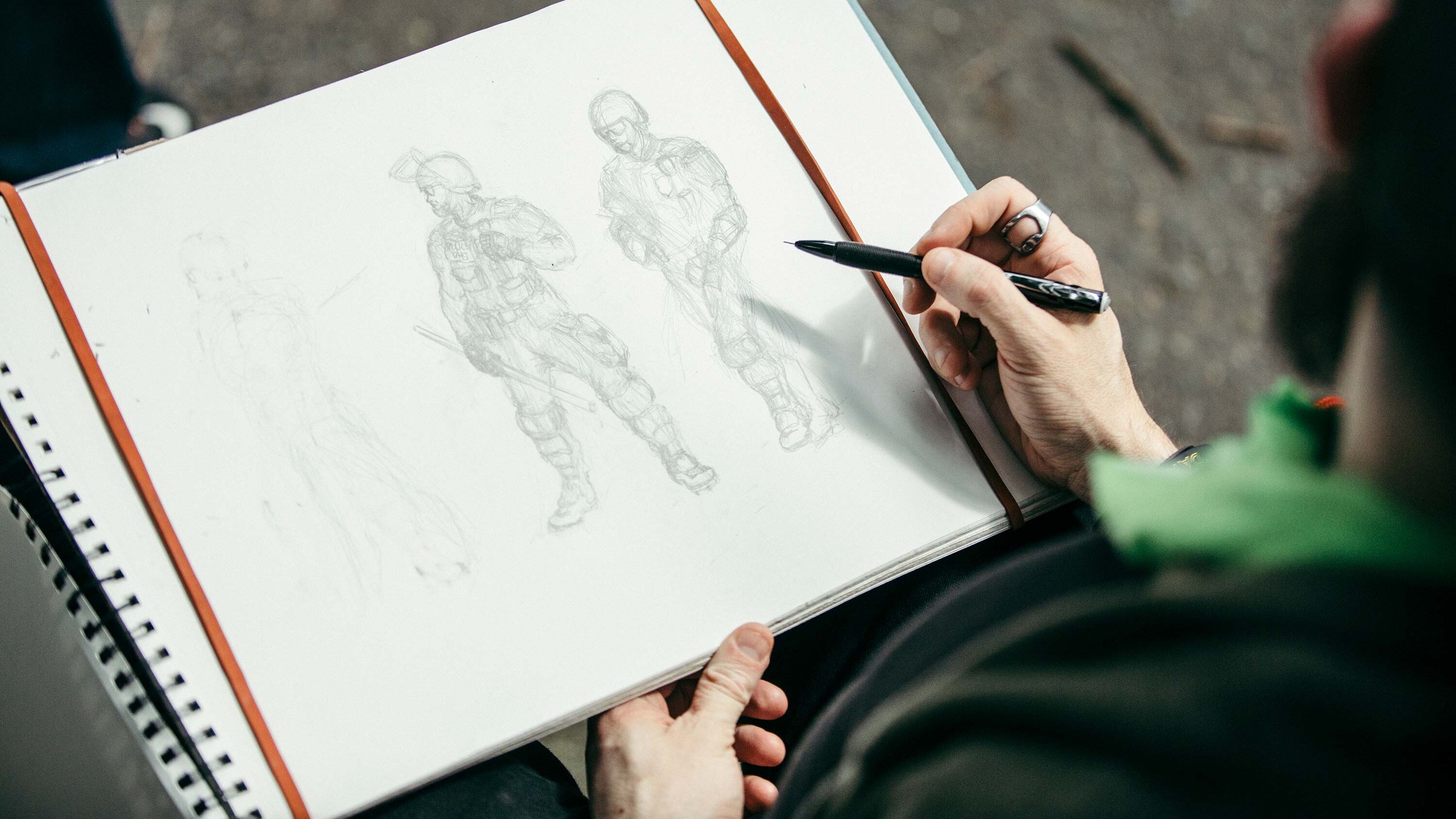For several months, leftist activists marching in the many street protests in Portland over the past two years have criticized Portland police for not charging right-wing extremists caught on camera assaulting their political foes.
Now WW has learned Mayor Ted Wheeler feels the same way.
On Jan. 23, mayoral adviser Berk Nelson met with representatives of the Portland Police Bureau and the Multnomah County District Attorney's Office to seek an update on whether violent right-wing extremists could be prosecuted. Nelson says Wheeler was particularly concerned about a bloody street fight captured on film Oct. 13 in front of downtown bar Kelly's Olympian.
Nelson tells WW law enforcement officials offered one central explanation for why charges had not yet been brought three months after an October beatdown, or following other street fights.
Police and prosecutors told Nelson they couldn't arrest or indict people involved in "mutual combat"—a term for brawls in which all participants consensually engage.
But the explanation doesn't match Oregon law—which bans fighting, even if both parties agree to exchange blows. In fact, a jury instruction reviewed by WW says mutual combat is not a legal defense.
Nelson says prosecutors were using the term in a looser sense. But he's not yet satisfied.
"Obviously, we need to do more work to make the city safer," Nelson says. "Not to say [the prosecutors and police] aren't doing work, but the goal posts are constantly moving and we need to adapt quicker."
Local lawyers were scornful of the mutual combat explanation.
"It's just a bogus excuse," says public defender Chris O'Connor. "Just get two black kids and have them have a fistfight and see how quickly the cops arrest them."
The backdrop for this, of course, is that for two years, right-wing groups like Patriot Prayer and the Proud Boys have met with antifascists on Portland's streets for what often amount to scheduled brawls. In February, WW first reported text messages between Patriot Prayer leader Joey Gibson and a Portland police officer who advised Gibson how to help an associate avoid arrest. By then, the mayor was already wondering about law enforcement's priorities.
"I don't always give Wheeler praise, but he was the one person who tried to speak out the last two years to try to get Patriot Prayer to leave," says Juan Chavez, the Oregon Justice Resource Center's civil rights project attorney. He doesn't see the same urgency from prosecutors: "The most generous way to put it is, it appears to be a lack of courage and a lack of imagination in not bringing these cases."
A spokesman for the DA's office says a lack of victim cooperation has been a key factor holding back prosecutions and clarified that mutual combat is not an "outright defense."
"The district attorney's office conveyed to the Portland Police Bureau, and later Mayor Ted Wheeler's office, that some of the individuals involved in the Oct. 13, 2018, incident could be subject to criminal prosecution," says DA spokesman Brent Weisberg. "The identity of the individual injured is known to law enforcement, but this person has not contacted law enforcement, nor has he responded to attempts by law enforcement to contact him."
Prosecutors and police say the investigation is still open and declined to provide further comment.
Law enforcement has, in fact, recently gone after some of the brawlers. Last week, a Multnomah County grand jury indicted the most notorious right-wing combatant, Tusitala "Tiny" Toese, for felony assault. A second Proud Boy, Donovon Flippo, also faces a felony assault charge, prosecutors told the victim, Tim Ledwith.
Formal indictments have not yet been made public. (Social media posts suggest Toese, the only Patriot Prayer supporter convicted of a crime in Portland, has decamped to his hometown in American Samoa.)
But observers note that prosecutors have more frequently brought cases against left-wing protesters. "We would hope the Police Bureau would be more proactive in engaging with the DA on this issue," says Zakir Khan, a spokesman for CAIR-Oregon, a Muslim rights nonprofit lobbying the city to crack down on right-wing marchers. "If they were to dedicate resources to this, it would be welcomed by Portland."
The simplest explanation for why police and prosecutors have prioritized indictments of left-wing protesters: They habitually get into scuffles with cops, while right-wing protesters fight only with leftists, who rarely cooperate with investigators. Police union president Daryl Turner has repeatedly emphasized the danger antifascists pose to his officers.
"What about those who throw bricks, rocks, bottles, feces and urine at police officers, endangering not only our officers but also peaceful protesters who are exercising their right to free speech?" Turner asked in a statement last month.
Wheeler has been calling for more aggressive crackdowns on right-wing rallies for two years. Last November, he introduced an ordinance that would have made it easier for police to keep warring demonstrators separated. That measure failed, after objections that police would use the ordinance chiefly against leftist protesters.
His staff says the mayor has also pushed prosecutors and police to pursue charges against violent actors in those groups, particularly in the Oct. 13 case.
"We've given them the go-ahead to do it," Nelson says. "It's in their hands to do something at this point."

